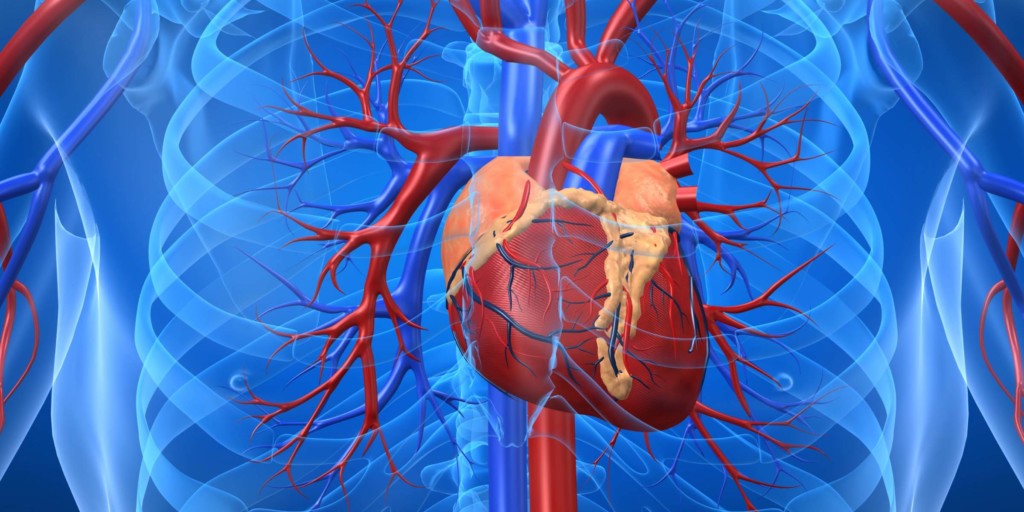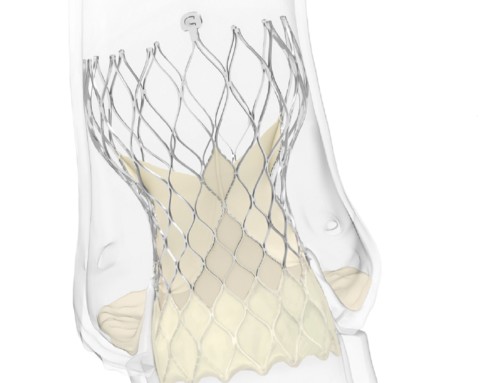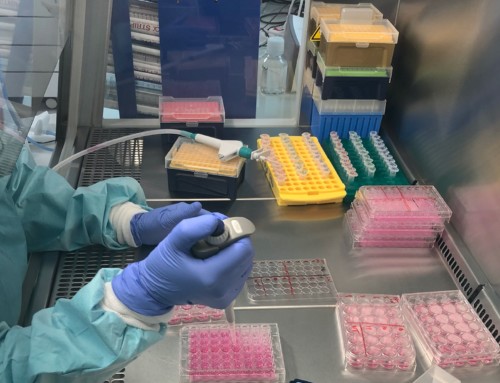
Abbott has announced its TRILUMINATE Pivotal trial to evaluate the safety and effectiveness of the TriClip transcatheter tricuspid valve repair system for the treatment of severe tricuspid regurgitation. This is the first pivotal Investigational Device Exemption (IDE) trial in the USA to evaluate a catheter-based, non-surgical treatment for patients with severe tricuspid regurgitation.
The first enrolments in the TRILUMINATE IDE study occurred at Abbott Northwestern hospital in Minneapolis (USA), led by Paul Sorajja (Valve Science Center, Minneapolis Heart Institute Foundation at Abbott Northwestern Hospital, Minneapolis, USA) and his cardiac team. Sorajja also serves as the trial co-primary investigator.
The TRILUMINATE Pivotal study is a prospective, multicentre, randomised, controlled global study of approximately 700 patients expected to enrol in the USA, Canada, and Europe. Patients will be randomised to receive either the TriClip device or medical therapy and followed for a total of five years. The study will also have a single arm for the treatment of subjects with more complex tricuspid valve disease.
Alongside the TRILUMINATE study, Abbott’s TriClip device was accepted for national reimbursement consideration through a process known as “Parallel Review” by the FDA and the Centers for Medicare and Medicaid Services (CMS). The Parallel Review programme is a collaborative effort that is intended to reduce the time between FDA approval and Medicare coverage decisions through CMS’s National Coverage Determination (NCD) process.
David Adams (Icahn School of Medicine, Mount Sinai, New York, USA), co-primary investigator in the trial, comments: “Patients with symptomatic tricuspid regurgitation are often at an increased risk for conventional surgery. As a result, many are not referred for intervention. The opportunity to assess how we can better treat these patients with a minimally invasive approach is critical and we are excited about the potential for this therapy in improving the quality of life for these patients.”
The launch of the TRILUMINATE Pivotal IDE study follows a smaller, single-arm TRILUMINATE trial that was conducted in Europe and the USA to evaluate the safety and performance of the TriClip repair system. Results from that study, presented during a late-breaking session at EuroPCR 2019, found that after 30 days, 86.6 percent of patients who received the TriClip device saw a reduction in tricuspid regurgitation severity of at least one grade. In addition to a strong safety profile for the procedures in patients considered to be at high risk for surgery, a significant proportion of patients also saw an improvement in their heart failure symptoms as assessed using the New York Heart Association (NYHA) functional classification and Kansas City Cardiomyopathy Questionnaire (KCCQ) score.
Neil Moat, chief medical officer of Abbott’s structural heart business, comments: “While we have made substantial progress on a number of fronts for challenging structural heart conditions, tricuspid regurgitation impacts far too many patients worldwide, and physicians are limited by a lack of meaningful therapy alternatives to surgery. Early results with our TriClip repair system have been encouraging and we’re excited to continue driving innovation that we believe will benefit more patients in the future.”





